Thirty years ago, seeing ourselves on television was a cause for celebration and proof that we were seen. Back in ‘97, The New York Times reported that there were 15 Black primetime television comedies including Living Single, Family Matters, and The Fresh Prince of Bel-Air. After the spike in positive Black stories onscreen thanks to United Paramount Network (UPN) in the mid-’90s to early 2000s, which gave us shows like All of Us, Girlfriends and One on One, a merger with The WB brought us The CW Network – home to The Game and Everybody Hates Chris.
Over the years, representation began to decline and the showcasing of sitcom TV characters who spoke, looked, and thought like us began to disappear. What happened to our shows that demonstrate our diverse experience within our community? Stories directed, produced, written, casted by and starring Black women who reminded us of our own family and loved ones began to fade in ratings and leave an empty hole in television that consisted of positive Black cultural narratives.
Between 2017-2018, according to USA Today via UCLA’s “Hollywood Diversity” study, “Black leads accounted for the largest single minority share (8.3 percent)” of the racial-ethnic breakdown of broadcast scripted leads; white counterparts accounted for 80.2 percent. Moreover, Black leads came in at only 14.1 percent of leads in comparison to 65 percent of whites for “cable scripted leads for the 2018-19 television season.” Clear progress is being made that Black representation is growing (or re-emerging) on television, but that doesn’t mean that we’re where we need to be.
“It’s changing for the better but let’s get real. It’s only changing because motherf**kers are on blast. It’s getting better but hurry the f*ck up,” Cree Summer told ESSENCE.
With shows like Black-ish, Black Lightning, and Batwoman starring Javicia Leslie as the first Black and queer Batwoman, these programs are steps in the right direction – but why settle for a step forward when we’ve clearly taken multiple steps back? Television and film are not what they used to be, but it’s time that we as Black women hold the industry accountable to what diversity and equity truly mean.
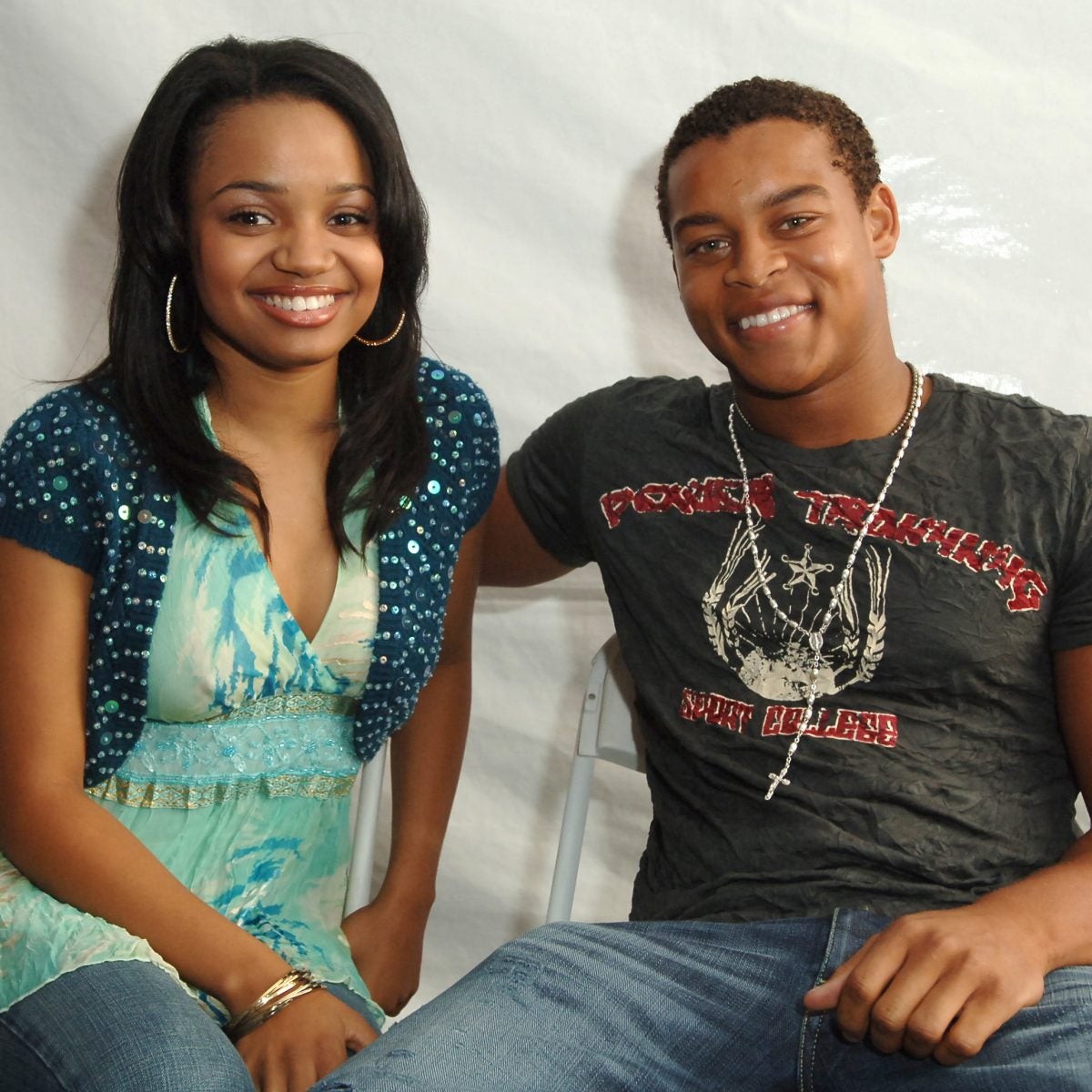 Kyla Pratt and Robert Ri’chard during Macy’s and American Express Passport Gala 2005 – Show Day 2 at Barker Hanger in Santa Monica, California, United States. (Photo by M. Caulfield/WireImage for Macy’s West)
Kyla Pratt and Robert Ri’chard during Macy’s and American Express Passport Gala 2005 – Show Day 2 at Barker Hanger in Santa Monica, California, United States. (Photo by M. Caulfield/WireImage for Macy’s West)
Kyla Pratt’s first sense of seeing herself was watching her mother star in plays, which didn’t leave a shred of doubt in her mind that she couldn’t be an actress someday. Pratt began her acting career at the age of eight but is most recognized for her roles as The Proud Family’s Penny Proud and One on One’s Breanna Barnes. Pratt spoke about her growth since her days as a teen actress, including her constant journey as a mother, a spouse, an adult actress, and anything else that she wants to be – which she constantly works at and honed her craft. She admitted that she didn’t recognize the power of seeing yourself on screen, especially when it came to how Black girls saw the characters that she played as inspiration to themselves. “As I got older, I [saw] that there are so many different examples that my daughters have to see themselves through entertainment. It’s an amazing feeling to know that they can see more of them,” she said referring to her daughters Lyric and Liyah.
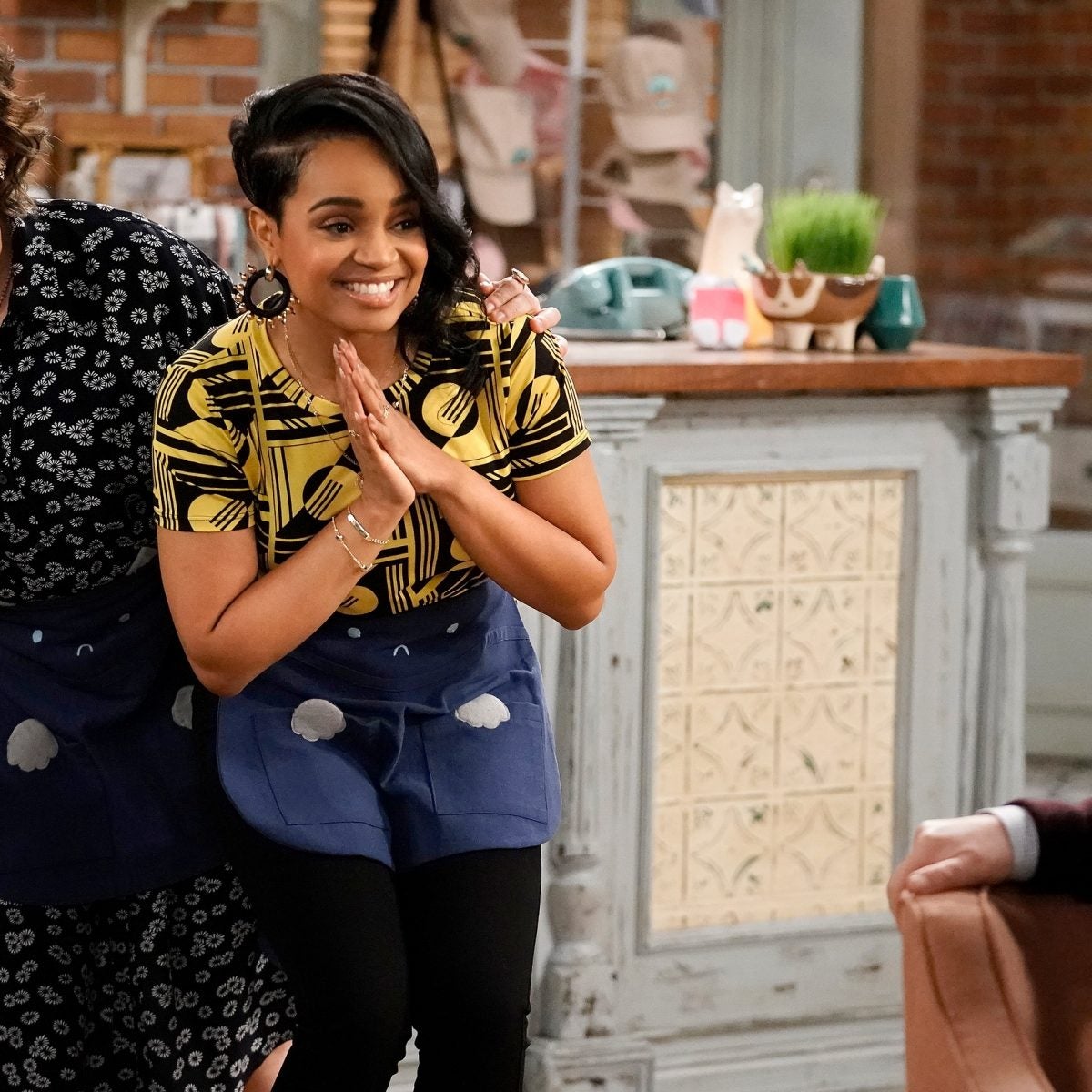 CALL ME KAT: L-R: Mayim Bialik, Kyla Pratt and guest star Tim Bagley in the Eggs episode of CALL ME KAT airing Thursday, Feb. 11 (9:00-9:30 PM ET/PT) on FOX. (Photo by FOX via Getty Images)
CALL ME KAT: L-R: Mayim Bialik, Kyla Pratt and guest star Tim Bagley in the Eggs episode of CALL ME KAT airing Thursday, Feb. 11 (9:00-9:30 PM ET/PT) on FOX. (Photo by FOX via Getty Images)
Today, the 34-year-old actress stars as Randi in FOX’s Call Me Kat, which she appreciates for having such a diverse cast of races, religions, and ethnic backgrounds. While she knows that there is still more work to be done in the industry, she acknowledges that some things are changing for the better – slowly, but surely. “To be on a set where I feel heard or thought of hasn’t really happened to me before,” she said as she gave a nod to her positive Call Me Kat set experience where directors will ask her who she wants to bring on set for glam and hair to make her the most comfortable.
The Fat Albert alumna didn’t realize that the industry tried to put her into a box until she was older and noticed that the image of her younger self was attached to her career. Even when she got into her current relationship with now-fiance Danny Kirkpatrick, Pratt would get questioned about who he was and the status of their relationship. She continued to explain how she doesn’t like the feeling of being put into a box whether it be comedy, the young actress or anything else that stifles her from demonstrating her complexity.
“It does happen often with Black actresses and it’s hard to come out of it for most. For me, it is what it is. The only people I have to explain myself to are my man and these kids.” While she also gets questioned about doing projects that young Lyric and Liyah aren’t allowed to watch, Pratt wants to do projects that show her capabilities as an actress beyond her younger roles. “One on One was 20 years ago, love. I know I look young, but Mama’s gotta live, too,” she said. “[Black actresses] have to be like ‘Eff what you’re talking about,’ I’m gonna move how I want to move and I refuse to be put into any boxes. Y’all can try if you want to, but nah,” she laughed about proving to the industry that she’s more than her previous work.
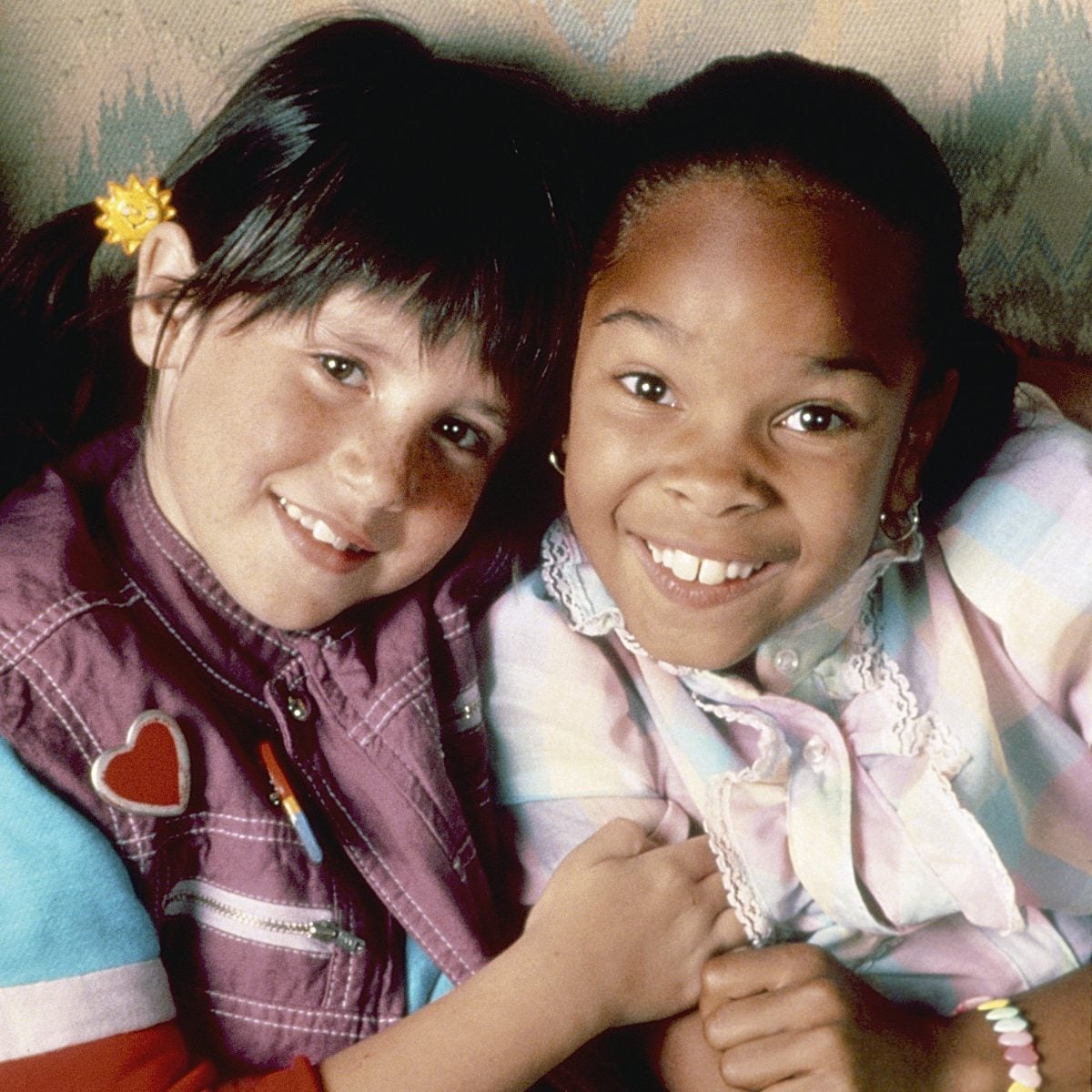 PUNKY BREWSTER — Season 1 — Pictured: (l-r) Soleil Moon Frye as Penelope ‘Punky’ Brewster, Cherie Johnson as Cherie Johnson — Photo by: NBCU Photo Bank
PUNKY BREWSTER — Season 1 — Pictured: (l-r) Soleil Moon Frye as Penelope ‘Punky’ Brewster, Cherie Johnson as Cherie Johnson — Photo by: NBCU Photo Bank
Cherie Johnson revealed that she was nearly 30-years-old by the time Family Matters was coming to a close. “We were just wearing cheerleading skirts for way too long,” Johnson laughed about her longtime role as Maxine, Laura’s best friend with whom she shared the same last name. Johnson no longer felt challenged as an actor thus resulted in turning to producing her own films and bringing back her passion for film and television. After Soleil Moon Frye gave a call to her original castmate for a Punky Brewster reboot – after social media had already been circulating rumors around social media – Johnson came out of “semi-retirement,” as she called it, and now she’s back as herself on NBC’s Peacock.
When asked about her thoughts on the current state of the television industry,Johnson said that she has seen it change for the worse due to reality television changing the game of how Black women are viewed. In addition to women working for less money, reality TV not being the union and nothing is accounted for your pension or welfare, Johnson expressed her confusion to ESSENCE about being hired based on your social media engagement. When people, specifically Black women, accept jobs for lower-than-acceptable rates, it unfortunately puts other actors in the position to have to settle for less especially if there are limited opportunities available.
“For Black actors, it’s become very hard because it’s almost like if you don’t live in Atlanta and you don’t want to work for $500, you can’t make a living. The rates that a lot of those shows are working for are just not what we’re used to. We’re used to actually being able to make a living and raise our families. Because people are willing to take those jobs, it’s shifted entertainment into a whole other direction,” Johnson said. Like Pratt, Johnson has also felt pigeonholed into certain roles such as the “best friend” or “sweet girl next door,” but she began to produce in order to take herself out of the box that Hollywood tried to place her into and remove the multidimensions of Black actresses.
“I was Punky’s best friend and Laura’s best friend. When you go out and audition after that, what do they give you? Somebody else’s best friend which, after a while, becomes really mundane and boring,” Johnson admitted to ESSENCE.
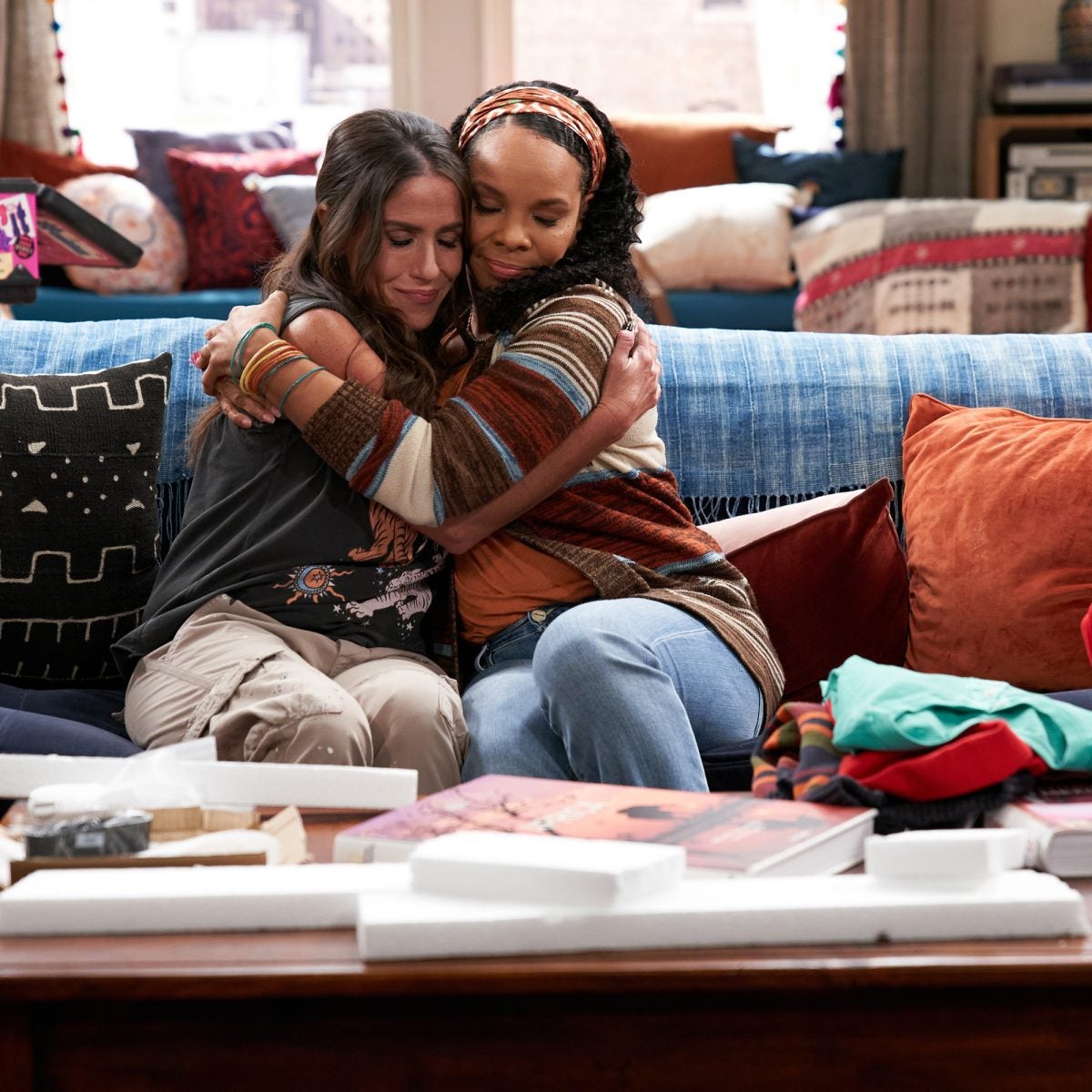 PUNKY BREWSTER — “Making Room for Izzy” Episode 102 — Pictured: (l-r) Soleil Moon Frye as Punky Brewster, Cherie Johnson as Cherie — (Photo by: Tyler Golden/Peacock/NBCU Photo Bank via Getty Images)
PUNKY BREWSTER — “Making Room for Izzy” Episode 102 — Pictured: (l-r) Soleil Moon Frye as Punky Brewster, Cherie Johnson as Cherie — (Photo by: Tyler Golden/Peacock/NBCU Photo Bank via Getty Images)
Since her Punky Brewster TV debut in 1984, Johnson has evolved to appreciate the importance of representation in all aspects – actors, production, writers, crew and everyone in between. “My character Cherie has resonated with so many people for over three decades is because at that time, there weren’t a lot of us on TV. It was me, Janet Jackson, [Keshia Knight-Pulliam] and [Danielle Spencer] – there were about five of us on TV at the same time,” Johnson explained about the cultural resonance of shows like What’s Happening!, The Cosby Show and Good Times. Giving birth to her daughter Zoe changed her perspective on the television industry, which she didn’t pay attention to until it was time for her to start watching. Her daughter’s young and impressionable age also changed her outlook on other things – including her natural hair.
“I used to press my hair and flat iron it all the time. My daughter came to me one day and said, ‘Mommy, will you straighten my hair?,’ and at the time she was three,” Johnson said to ESSENCE. Confused by her daughter’s request, especially since she had a head full of beautiful curls, Johnson asked Zoe why she wanted to straighten her hair and she responded, “Because you straighten yours and I want to look like you.” Until that moment, she hadn’t realized that straightening her hair was such a routine because she had been accustomed to doing so since she was a young girl on camera. “I’m so thankful for the producers of Punky because I had that conversation with them where they’re absolutely OK with me wearing my natural hair,” she said thankfully.
Cree Summer’s career in voiceover acting has been a bit different than the experiences of Pratt and Johnson. Some of her most iconic roles throughout the years have included Rugrats’ Susie Carmichael, Codename: Kids Next Door’s Numbah 5, Penny from the original Inspector Gadget in 1983 and our beloved Freddie on A Different World. Just because she’s in the booth doesn’t mean that she turns a deaf ear to the conversation of diversity in voice acting and opportunities for Black actors.
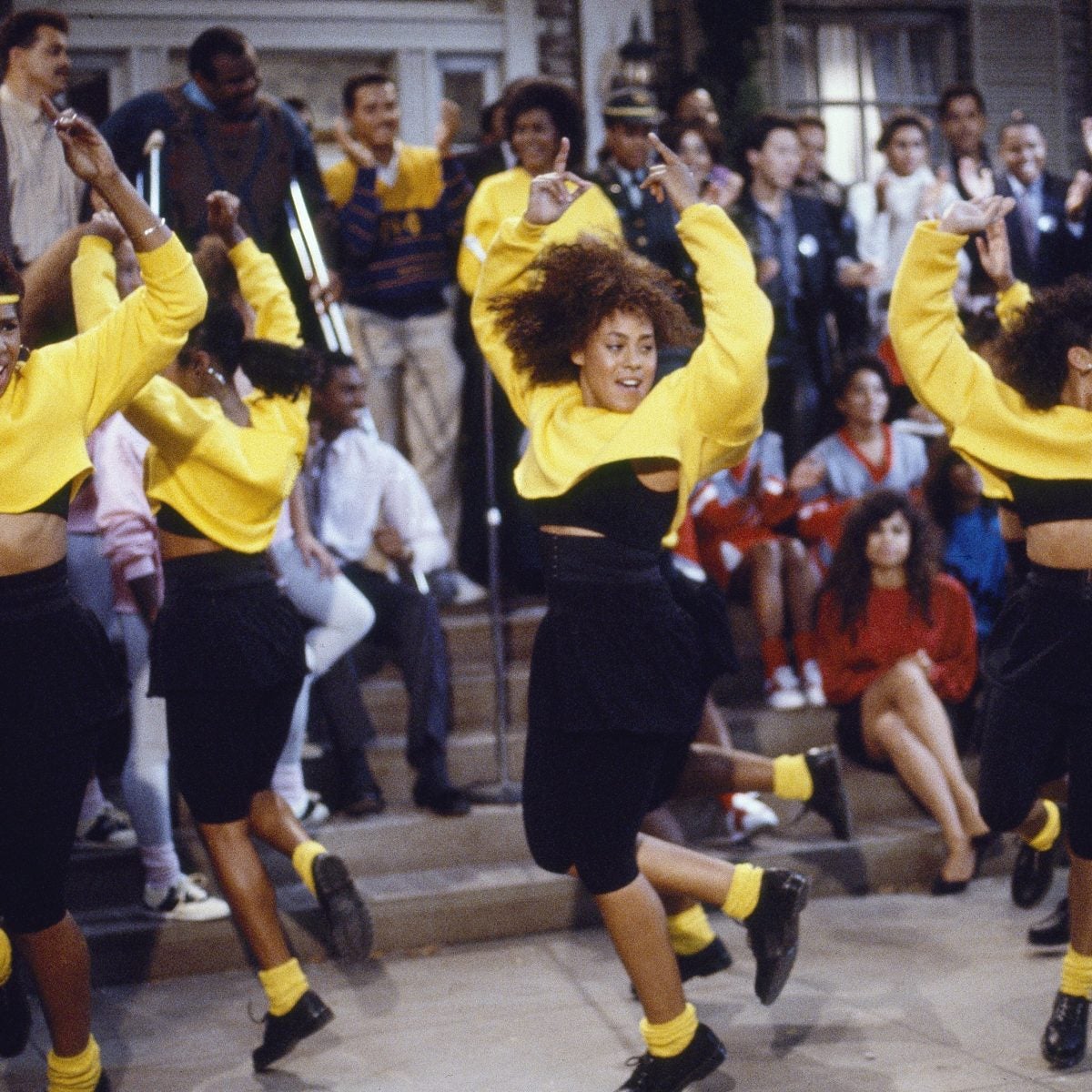 A DIFFERENT WORLD — “Dream Lover” Episode 4 — Aired 11/3/88 — Pictured: (l-r) Dawnn Lewis as Jaleesa Vinson Taylor, Cree Summer as Winifred ‘Freddie’ Brooks, Jasmine Guy as Whitley Marion Gilbert Wayne — Photo by: Bob Gersny/NBCU Photo Bank
A DIFFERENT WORLD — “Dream Lover” Episode 4 — Aired 11/3/88 — Pictured: (l-r) Dawnn Lewis as Jaleesa Vinson Taylor, Cree Summer as Winifred ‘Freddie’ Brooks, Jasmine Guy as Whitley Marion Gilbert Wayne — Photo by: Bob Gersny/NBCU Photo Bank
While she acknowledged that racism has always existed in entertainment in all aspects of entertainment, Summer believes that the world’s crumbling within itself has all to do with “people acting like they have compassion at last.” She wants to see more of her sisters and brothers – including Asians and indigenous people – when she looks to the left and right of her in the booth, but more than anything, she wants to see more Black people creating content because it would create a trickle-down effect to provide more opportunities.
“When you’re a little brown girl or boy, some of the first images you see of yourself are animated. It’s imperative for our self-esteem, imagination and for us to dream ourselves into the future – we must be seen,” she said. “It is a matter of positioning ourselves in positions of power that have been denied to us so we can be represented. There’s so much exclusion it’s cripling”
Within the past year and during the resurgence of the Black Lives Matter movement, white actors have been stepping away from animated roles of color and animated Black roles such as Jenny Slate on Netflix’s Big Mouth and Kristen Bell as Molly on Central Park. While she doesn’t blame the actors themselves, Summer brought attention to the higher-ups who are bringing them in. “As far as white people stepping away from characters that shouldn’t have been theirs in the first place, I don’t know why we’re applauding people who are leaving the barbecue that they were never f**king invited to in the first place,” she said. “I don’t think you deserve a parade for stepping down. You’re giving up a seat that belonged to someone else in the first place.”
The post Three Iconic Black Actresses Talk Diversity On and Off Screen appeared first on Essence.


0 Commentaires